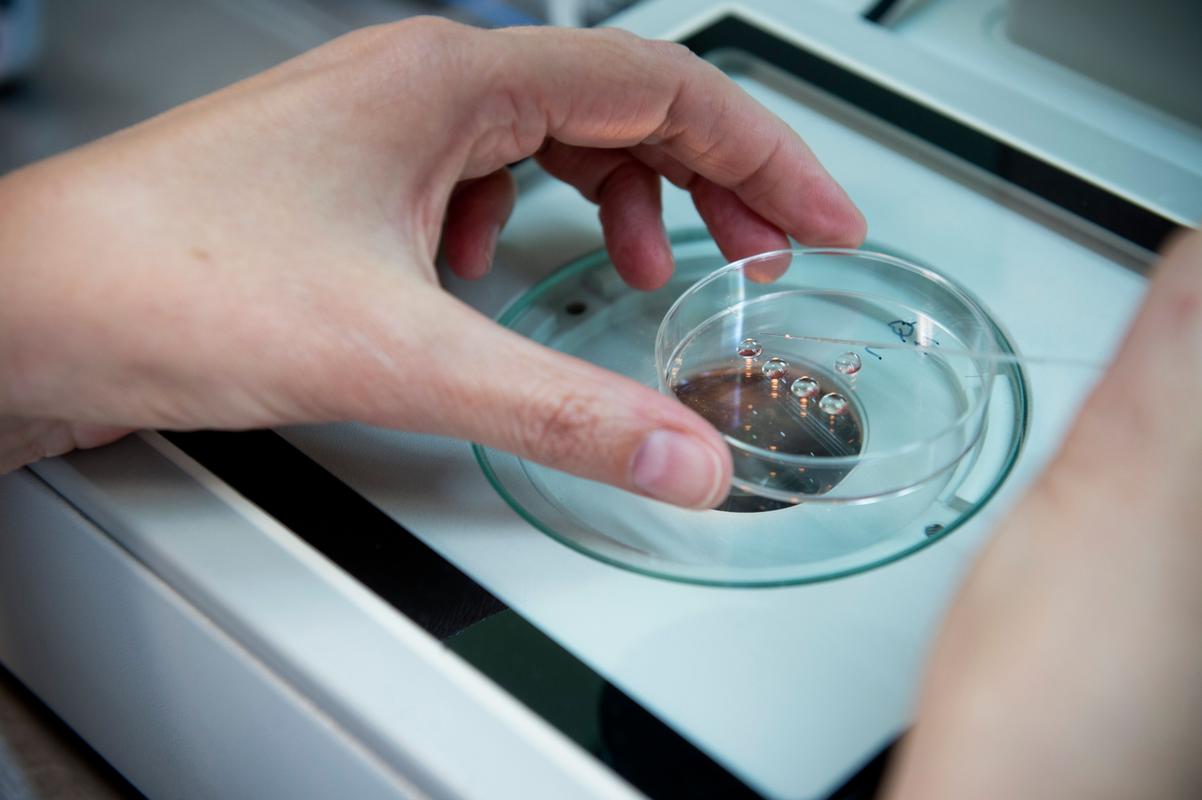The trial was performed in 69 couples undergoing an IVF-treatment for at least the second time. The couples were asked questions about how high they consider their chances for success. These data were compared to their personal prognosis that was calculated based on a model which considers both clinical and laboratory factors. In addition, the researchers examined for every couple how positive they were about life in general.
Higher expectations in men than in women
The researchers calculated there was a 32 per cent chance to have a child after one full IVF cycle in this patient group. Research showed that no less than 85 per cent of the women and 88 per cent of the men overestimated the chance of a successful treatment. “Almost half the women and more than half the men expected their chance of success at least twice as high", according to Hanne Devroe, clinical embryologist in the UZ Leuven fertility centre. “Men had significantly higher expectations than their female partners. This difference could not be explained based on a higher level of general optimism”.
Public perception
Quality research has shown that it is exactly the combination of repeated failed IVF cycles and unrealistically high expectations that can lead to big disappointments and can even cause the patients to stop their treatment altogether. “This trial is the first to have compared patients' expectations with their prognosis in this way. But various trials in other countries have also shown that patients, and the public in general, have high expectations of a IVF treatment. These expectations are largely created by the media and the internet, but fertility centres can also play their role in public perception”, Hanne Devroe says.
Working at realistic expectations
Fertility centres can play their part in creating realistic expectations. At the moment, they usually share average success rates on their websites, but these are often only relevant for a reference population of young patients. Moreover, patients often think that average results don't apply to them. They think they will score better, because e.g. they have a healthy life style or experienced physicians. Hanne Devroe: “We are currently investigating whether communicating a personalised prognosis can create more realistic expectation in patients.”
There is further follow-up the couples that participated in the trial to check the degree in which their expectations prove unrealistic is related to the degree of disappointment and starting a new IVF cycle. .
Read the press release of the European Society of Human Reproduction and Embryology, where the trial was presented last week.
